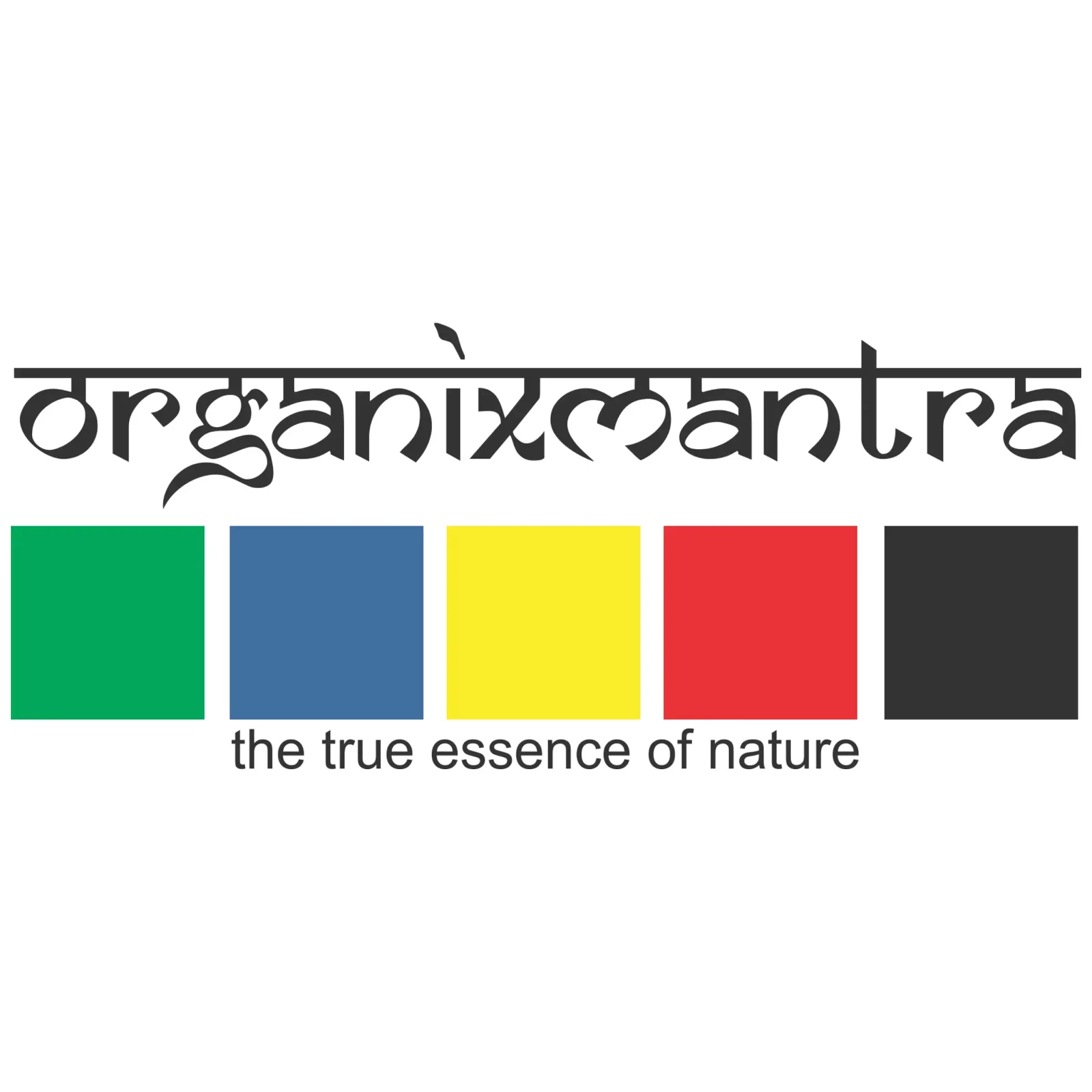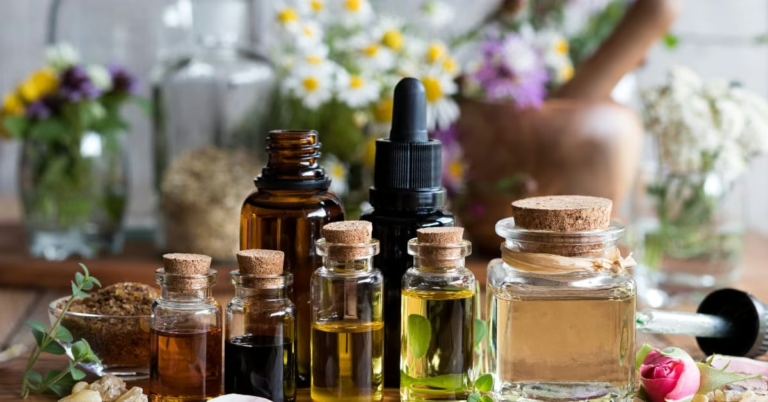Misconceptions About Cruelty Free & Vegan
Have you ever wondered if the vegan and cruelty-free lifestyle is surrounded by more myths than facts? You’re not alone. Many people get confused by the buzzwords and conflicting messages out there. In this article, you’ll discover the truth behind common misconceptions and learn why embracing a cruelty-free and vegan lifestyle might be easier—and more beneficial—than you think. Whether you’re already on the journey or just exploring the possibilities, this guide is here to clear up the fog. By breaking down each myth and backing our points with simple scientific explanations, we aim to empower you to make informed decisions that align with your values. You may have experienced mixed messages from friends, the media, or even product labels. Here, we’ll set the record straight in an engaging, relatable tone. Expect practical advice that respects your busy lifestyle and acknowledges your challenges. Let’s dive into the world of ethical choices with clarity, compassion, and a dash of curiosity.
Understanding Cruelty-Free & Vegan

Before you start shopping for products that match your ethics, it’s important to understand what “cruelty-free” and “vegan” really mean. Cruelty-free refers to products that haven’t been tested on animals. However, note that cruelty-free does not always guarantee that the ingredients are natural or sustainably sourced. On the other hand, vegan products contain no animal-derived ingredients. But a vegan label doesn’t necessarily speak to environmental impact or overall health benefits.
In today’s marketplace, the terms have evolved. Many brands strive to meet both cruelty-free and vegan criteria, yet some may focus more on one aspect than the other. This evolving definition means that it’s essential to look deeper than labels and consider how products are made and what they contain. By familiarizing yourself with these definitions, you can navigate the beauty and personal care aisles with confidence. Understanding the nuances behind these terms will also help you ask the right questions and seek out brands that genuinely reflect your values.
Common Misconceptions Debunked
Many myths surround the cruelty-free and vegan movement, often creating confusion. Here, we break down four of the most common misconceptions and provide clear, fact-based answers.
Vegan Means Always Healthy
It’s a common belief that if a product is vegan, it automatically means it’s healthy. However, being vegan only indicates the absence of animal-derived ingredients. While many vegan products emphasize natural ingredients, they can still be high in synthetic additives, sugars, or chemicals that may not be ideal for your skin or overall health. For instance, a vegan snack or beauty product might include preservatives or fragrances that can trigger sensitivities. The key is to check ingredient lists and understand that “vegan” is just one aspect of a product’s overall formulation. A balanced approach, combining natural ingredients with effective formulations, often yields the best health results. Remember, health is multifaceted, and what matters most is how your body and skin respond to a product rather than its label alone.
Cruelty-Free Equals 100% Animal-Friendly
When you see the term “cruelty-free,” it might feel reassuring, suggesting that the product and the brand are entirely committed to animal welfare. In reality, cruelty-free typically refers to the absence of animal testing, but it does not always guarantee that every ingredient or process is free from animal exploitation. For example, some products might still include ingredients derived from animals, even if they are not directly tested on them. Moreover, the certification processes and standards can vary widely between organizations. This means that while a product might carry a cruelty-free label, it’s worth doing a little extra research if animal welfare is your top priority. In essence, cruelty-free is a great starting point, but for the truly discerning consumer, digging deeper into a brand’s overall practices can provide a more comprehensive view of its commitment to animal rights.
Vegan Products Lack Efficacy

Another prevalent myth is that vegan or cruelty-free products are less effective than their conventional counterparts. This notion likely stems from a time when natural ingredients were thought to be inferior to synthetic compounds. Today, however, advancements in science have allowed for the creation of highly effective vegan formulations that perform on par with—and sometimes even outperform—traditional products. Many vegan skincare and hair care products are developed with a blend of plant-based extracts, vitamins, and antioxidants designed to nourish and protect. Consumers are now reporting visible results without compromising on their ethical standards. By prioritizing research and development, many brands have debunked this myth, proving that ethical choices can also deliver robust performance. So if you’re skeptical about switching, know that you don’t have to sacrifice quality for your values.
Vegan Lifestyle is Too Expensive
Cost is a significant concern for many who consider transitioning to a vegan or cruelty-free lifestyle. The assumption is that ethical products come with a hefty price tag. While it’s true that some high-end brands charge premium prices, there is a wide range of affordable options available today. The market has grown tremendously, and increased consumer demand has spurred competition among brands, often resulting in more competitive pricing. Moreover, a shift towards a vegan lifestyle doesn’t only happen through expensive products; it can begin with small changes and gradually evolve over time. There are many budget-friendly options that focus on natural ingredients and ethical sourcing without breaking the bank. It’s all about making informed choices and finding products that align with both your values and your budget.
Scientific Insights & Expert Opinions

Scientific research continues to validate the benefits of vegan and cruelty-free products. Studies have shown that plant-based ingredients can provide effective antioxidant, anti-inflammatory, and hydrating properties. Experts in dermatology and nutrition highlight that many naturally derived compounds can be as potent as synthetic ingredients. For example, botanical extracts like aloe vera, green tea, and turmeric have been extensively studied for their healing properties. Dermatologists now often recommend these ingredients for sensitive or acne-prone skin because they are gentle and effective. Additionally, rigorous testing methods—though not always involving animals—are used to ensure product efficacy and safety. By understanding the science behind these products, you can appreciate that ethical choices do not compromise on performance. Instead, they often harness nature’s power in innovative, research-backed ways that benefit your overall health and well-being.
Practical Tips for Transitioning to a Cruelty-Free & Vegan Lifestyle
Transitioning to a cruelty-free and vegan lifestyle doesn’t have to be overwhelming. Start small by swapping out one product at a time. Begin with items you use daily, like skincare or makeup, and look for brands that provide transparent ingredient lists and ethical certifications. Consider creating a checklist of must-have qualities for your products—this might include natural ingredients, sustainability, and affordability. Explore local stores or online platforms that specialize in vegan and cruelty-free products. As you build your routine, remember that every change, no matter how small, contributes to a larger shift towards more ethical consumption. Over time, these gradual changes will not only benefit your health but also support a more compassionate approach to personal care. Embrace the journey with an open mind, and allow yourself to experiment with new brands and products. With each step, you’ll learn more about what works best for your unique needs and how you can live in alignment with your values.
Frequently Asked Questions (FAQs)

Q1: Are vegan products always natural and safe for sensitive skin?
A: Not necessarily. While many vegan products are formulated with natural ingredients, it’s still important to check for allergens or synthetic additives that might affect your skin.
Q2: How can I verify if a product is truly cruelty-free?
A: Look for certifications from trusted organizations and do a quick online search to read reviews about the brand’s practices.
Q3: Can switching to vegan products improve my skin health?
A: Many users report positive results, but individual responses vary. It’s best to introduce new products gradually and observe how your skin reacts.
Final Thoughts

In conclusion, understanding the real story behind vegan and cruelty-free products can empower you to make choices that benefit both your health and the planet. By debunking myths and looking at scientific evidence, you now have a clearer picture of what to expect when transitioning to an ethical lifestyle. Remember, the journey is personal and unique. Start small, stay informed, and always trust your instincts when choosing products. We invite you to share your experiences in the comments below, subscribe for more insights, and join our community of mindful consumers. Every step you take helps drive positive change in the world—one ethical choice at a time.







